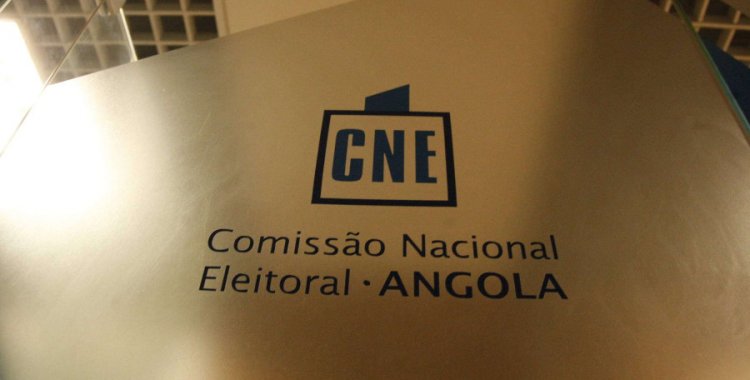Lucas Quilundo, who presented the location that will function as a center for the dissemination of electoral results, answered some questions regarding criticisms that have been leveled at the entity, but did not clarify whether the report will be presented before the date set for the general elections.
The lack of an audit has been criticized several times by the main opposition party, UNITA, without the CNE having commented on the report so far.
"Very soon the audit report in the Computer File of Larger Citizens [FICM] and the technological solution for calculating the results will be made public", assured Lucas Quilundo.
Asked if this would happen before the elections, which take place in five days, he repeated that the report will be "timely made public", considering that "the matter is closed".
He stated that the process was carried out following an international public tender promoted by the CNE, in which eight national and international entities competed, with Intellera being selected as the company responsible for auditing the technological process of the general elections and the FICM.
"We can say without any pretense that the entire process of acquiring goods and services for the electoral process was conducted on the basis of what the law establishes and that all competition procedures were open and were public", underlined the official, warning of the "speculation and disinformation about the way the electoral process is being conducted".
With regard to the existence of deaths in the Computer File of Senior Citizens, which contains the nominal list of citizens entitled to exercise the right to vote and which resulted from the crossing of the electoral and civil registration databases, he said that on any basis of data "it is natural that there are deceased".
He also added that the CNE received the file from the Ministry of Territory Administration in read-only mode, which is why it cannot be edited, and was used only for the preparation of electoral rolls.
The CNE "does not know, nor is it able to say how many deceased are there, it did not have access to that information", he underlined, indicating that, due to the fact that the file is received in this way, there is a "material and legal impossibility of any way to clean the dead from the file".







